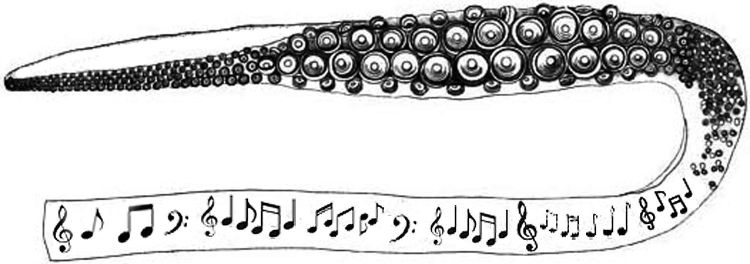I decided it was time to have some women represented in this look at French composers. Let's face it, there aren't many well-known female composers in history, which is sad but can't be helped now. At least now we have the likes of Elena Kats-Chernin to mix things up.
Anyway, perusing the list of French composers from the old voting page I came across two women (I didn't look completely comprehensively so there may be more) and those two it turns out were sisters. Nadia and Lili Boulanger were born towards the end of the 19th century into a musical family. Their father, not very well-known himself, once won the Prix de Rome composition competition, very prestigious.
It seems the two were very close despite a seven year age difference and both were clearly musically talented from an early age. Lili, the youngest, was declared by Faure himself to be tone perfect at the age of two. Sadly she was not a healthy child or young woman and died far, far too young. In her short life however she wrote a considerable amount of music which has been judged, and I'd have to agree, to be far more mature than her early years would imply. She also won the Prix de Rome like her father.
Nadia had a long life and was a very influential figure in music for the first half of the 20th century. She had little regard for her own talents as a composer, despite being mostly alone in that impression, and made her greatest mark as a teacher and a conductor. As the former she taught a huge number of great composers and musicians, and as the latter she was a trailblazer, being the first woman to conduct major orchestras like the BBC and Boston Symphony Orchestras and the New York Philharmonic. She also conducted world premieres of some big names including Igor Stravinsky with whom she was good friends. For all that she wasn't really a feminist and apparently said women shouldn't be allowed to vote ... no-one's perfect.
Anyway, what's important here is the music. And through the timing of their lives the wonderful thing is we have access to Nadia not only conducting the music of Lili but also sometimes playing it. Lili wrote what I can only describe as a haunting Nocturne for cello and piano, and this performance has Nadia on the piano.
Her more famous works are Faust et Helene, a cantata, which was the Prix de Rome winner, and some settings of Psalms. As I've said I'm not huge on opera and while none of these are operas the cantata does have a similar style of singing. The music behind it however is again quite haunting and dramatic. Choral works are a bit harder for me to define and I take them on a case by case basis but don't expect much. However I did listen to the entire Psalm 130, just under half an hour, which I hadn't expected to do. It's understated but rich in tone and a subtle majesty, quite peaceful for the most with passages of darker shadings. The recording linked here is conducted by Nadia.
Nadia's own music is harder to track down. There's footage of her teaching which is interesting in a way, as much for her ideas and attitudes to music. I recommend a little YouTube search for her and seeing what she says about music. One piece I have found - not a voting option sadly - is a Fantasie for Piano and Orchestra. It's rather like a mini piano concerto and it's truly a beautiful piece.
Most of her works are songs or vocal settings and I haven't really explored them. The few others aren't the easiest things to find but there is this short video of a performance of her Three Pieces for Organ, here played in her own arrangement for cello and piano. There's an airy quality to them which is slightly fey and utterly compelling.
While there is a dearth of recordings - outside some appearance on 'recital' albums by various artists - the music of these two is rich and worth listening too. And the impact Nadia Boulanger had on the 20th century, in terms of classical music at least, is not to be underestimated.

No comments:
Post a Comment